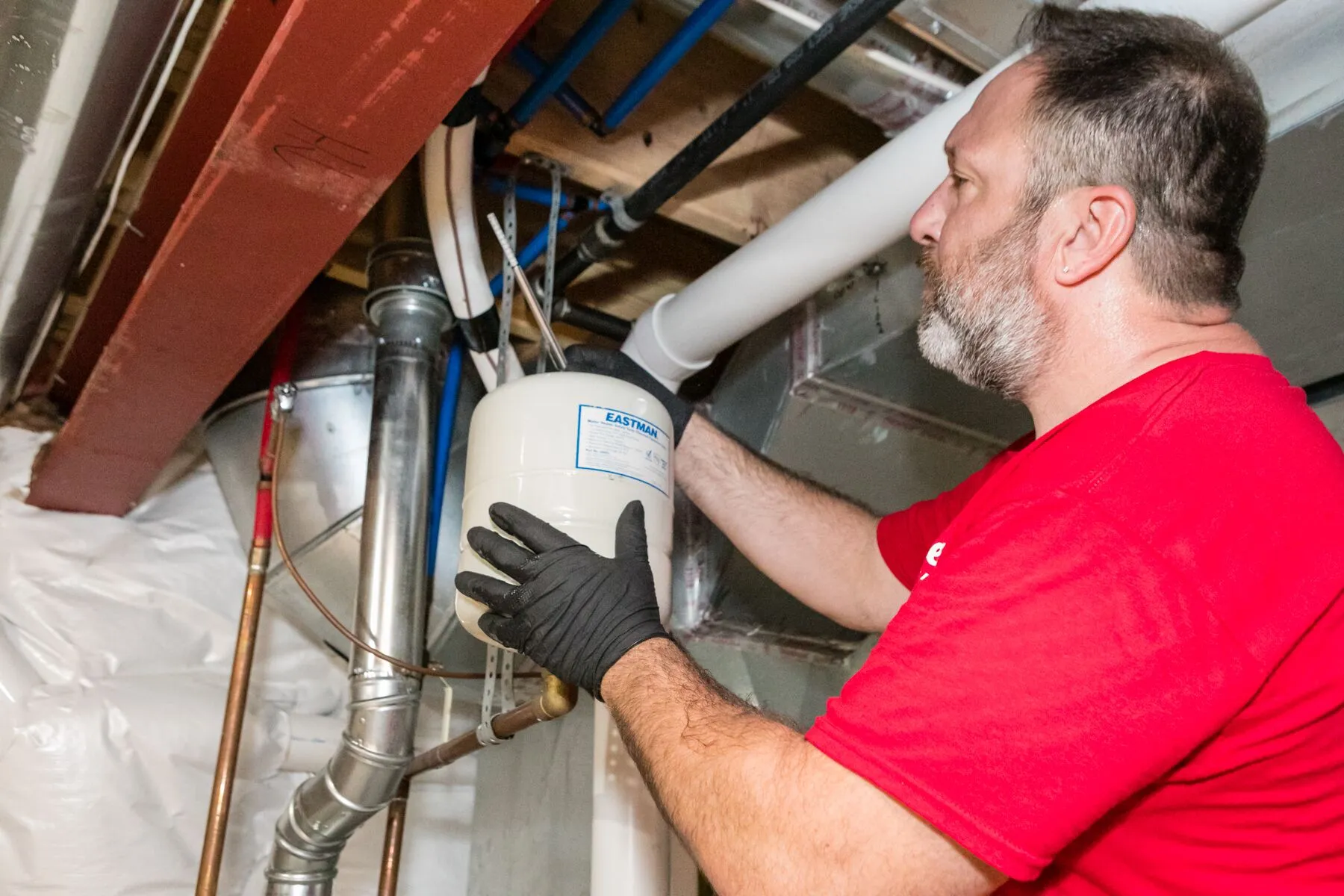Renovation Contractor vs. DIY: When to Call in the Professionals
Home renovations can be both exciting and overwhelming. Whether you’re upgrading a bathroom, remodeling a kitchen, or giving your entire home a facelift, there’s always a big decision to make: Should you tackle the project yourself or hire a renovation contractor? While the DIY route can seem appealing due to cost savings and personal satisfaction, it’s not always the best option. Understanding when to roll up your sleeves and when to call in the experts can save you time, money, and unnecessary stress.
The Appeal of DIY Renovations
Many homeowners are drawn to do-it-yourself renovations because of the control it offers. You get to make all the decisions, move at your own pace, and potentially save a significant amount of money on labor costs. Thanks to YouTube tutorials, DIY blogs, and home improvement shows, it’s easier than ever to find guidance on common renovation tasks like painting, flooring installation, or cabinet upgrades.
Another key benefit of DIY is the sense of accomplishment. Completing a project with your own two hands can be incredibly rewarding and build confidence in your abilities as a homeowner. DIY renovations also allow for a high level of customization, ensuring your personality and style are infused into every corner of your space.
Risks and Limitations of DIY Projects
Despite the advantages, DIY renovations come with significant risks. One of the most common issues is underestimating the complexity of a task. What seems like a straightforward flooring project can quickly become a logistical nightmare involving subfloor repairs, precise measurements, and expensive tools. Inaccurate work can lead to poor finishes, structural issues, or the need to redo the job, increasing overall costs.
Another limitation is time. Most DIYers work on evenings or weekends, which can stretch a small project into several weeks or even months. Life responsibilities, fatigue, or lack of proper planning can cause significant delays and added frustration.
Moreover, not all projects are safe for amateur execution. Electrical wiring, plumbing, or anything involving structural changes typically require permits and must meet building codes. Mistakes in these areas not only put your safety at risk but can also lead to legal complications when it’s time to sell your home.
When to Consider Hiring a Renovation Contractor
Hiring a renovation contractor becomes essential in certain situations. First and foremost, any project that involves structural alterations should be handled by a professional. Tearing down walls, reinforcing beams, or expanding spaces requires expertise in engineering and building codes. A renovation contractor ensures the work is done safely and to code.
Electrical and plumbing work also call for a licensed professional. Improper installations can lead to hazards like electrical fires, water damage, or dangerous mold growth. Hiring an experienced contractor not only ensures safety but also avoids costly mistakes.
Large-scale projects, such as complete kitchen or bathroom remodels, are best left to the pros. These areas involve multiple systems—plumbing, electrical, cabinetry, flooring, and ventilation. Coordinating all these aspects requires skill and experience. A renovation contractor can manage timelines, source quality materials, and oversee subcontractors to ensure the project runs smoothly.
Advantages of Hiring a Renovation Contractor
One of the biggest advantages of working with a renovation contractor is peace of mind. You’re entrusting your project to someone with the knowledge and experience to handle unexpected issues and deliver quality results. They are trained to navigate problems that can arise mid-renovation, such as water damage behind walls or outdated wiring that doesn’t meet current standards.
A contractor also brings project management expertise. They coordinate various aspects of the job, from hiring subcontractors to scheduling inspections. This streamlines the renovation process and minimizes downtime, helping you complete the work faster than if you were doing it alone.
Additionally, renovation contractors often have access to trade discounts on materials and fixtures, which can help offset some of the labor costs. They also provide warranties on their work, offering an extra layer of security should problems arise after completion.
Cost Comparison: DIY vs. Hiring a Contractor
Cost is one of the main reasons people choose DIY over hiring a renovation contractor. It’s true that labor is a significant portion of any renovation budget. However, inexperienced DIYers often end up spending more in the long run due to errors, rework, or tool rentals.
Contractors may charge more upfront, but they help prevent costly mistakes, ensure everything is up to code, and often get better prices on supplies. The speed and efficiency they bring can also save you from paying ongoing living expenses if you’re staying elsewhere during a renovation.
It’s important to get multiple quotes when hiring a renovation contractor, check reviews, and ask for references. This ensures you’re working with someone reputable and aligns with your budget and expectations.
Blending DIY with Professional Help
In many cases, a hybrid approach is the smartest choice. You can take on simpler tasks like demolition, painting, or minor landscaping while hiring a renovation contractor for the more technical and complex aspects. This allows you to stay involved, save money, and still benefit from professional expertise.
For instance, if you’re remodeling a bathroom, you might handle removing old fixtures and painting walls yourself. But for tasks like plumbing relocation or tile installation, calling in a contractor ensures high-quality, durable results.
Choosing the Right Renovation Contractor
Selecting the right renovation contractor is crucial to the success of your project. Look for someone with a solid reputation, proper licenses, and insurance. Ask for a detailed contract that outlines the scope of work, timeline, payment schedule, and responsibilities. This protects both you and the contractor in case of disagreements or delays.
Communication is also key. A good contractor should be transparent, responsive, and willing to explain every step of the process. Avoid contractors who pressure you into decisions or are vague about costs and timelines.
Final Thoughts
Renovating your home can significantly boost its value and improve your quality of life. But not all projects are suitable for the DIY route. While painting a wall or assembling furniture might be within reach, plumbing, electrical, and structural renovations are best handled by a renovation contractor. Their expertise, tools, and experience can save you from costly mistakes, ensure safety, and deliver a polished, professional result.











